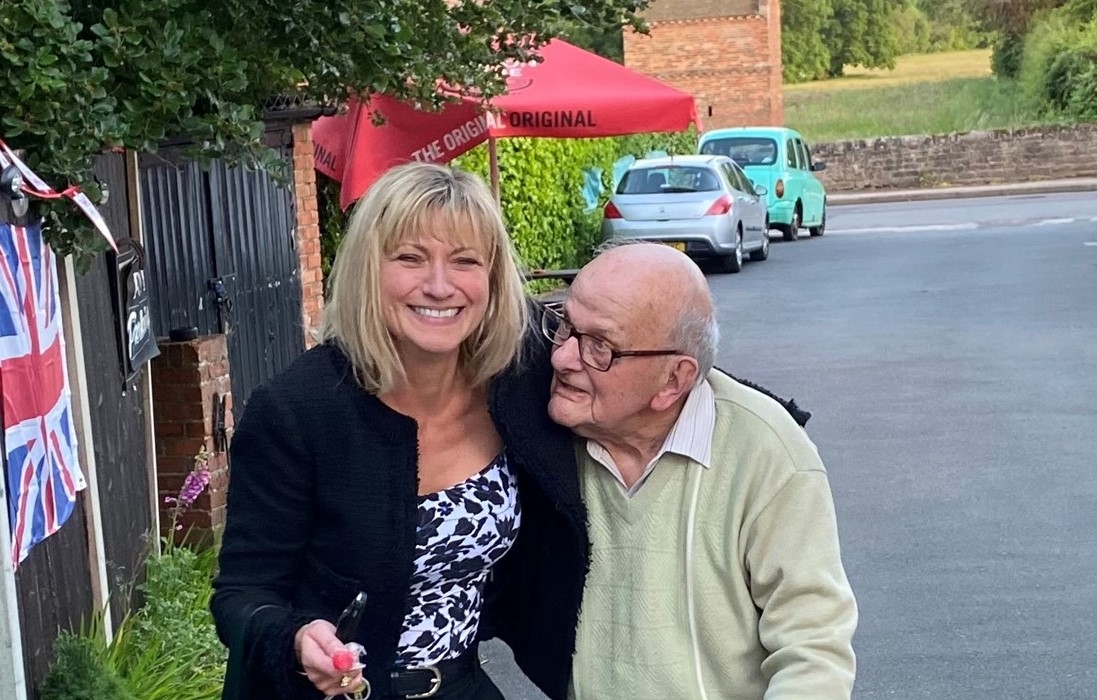Meet the Kowalski family
It’s a parent’s prerogative to worry about their children. But as any parent of a child with additional needs will attest, those worries can become all-consuming when there are considerations such as, “Who will care for my child if I’m not around?“
Ewelina Kowalska’s son Filip was 6 months old when he was diagnosed with Down’s syndrome. It came as quite a shock. During her pregnancy, her genetic test for the congenital condition had indicated she was low risk.
“It’s a day I remember still. I don’t know why, but my first question was: ’Will he be able to read?’ I don’t know why I asked that. He’s 12 now, and reading is not his favourite thing to do, but I think he will be reading one day,” she says.
What’s far more important to her now, she says, is knowing that he is happy and enjoys his life. “And he teaches us to enjoy our lives too.”
As a natural problem-solver, Ewelina had always tried not to dwell too much on the future. Her focus over the years had been on ensuring Filip had the best possible care in the present.



.jpg)



